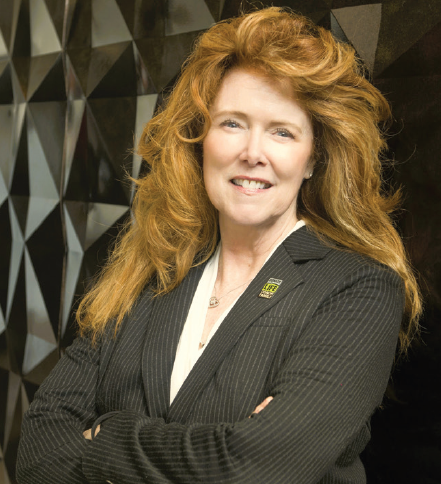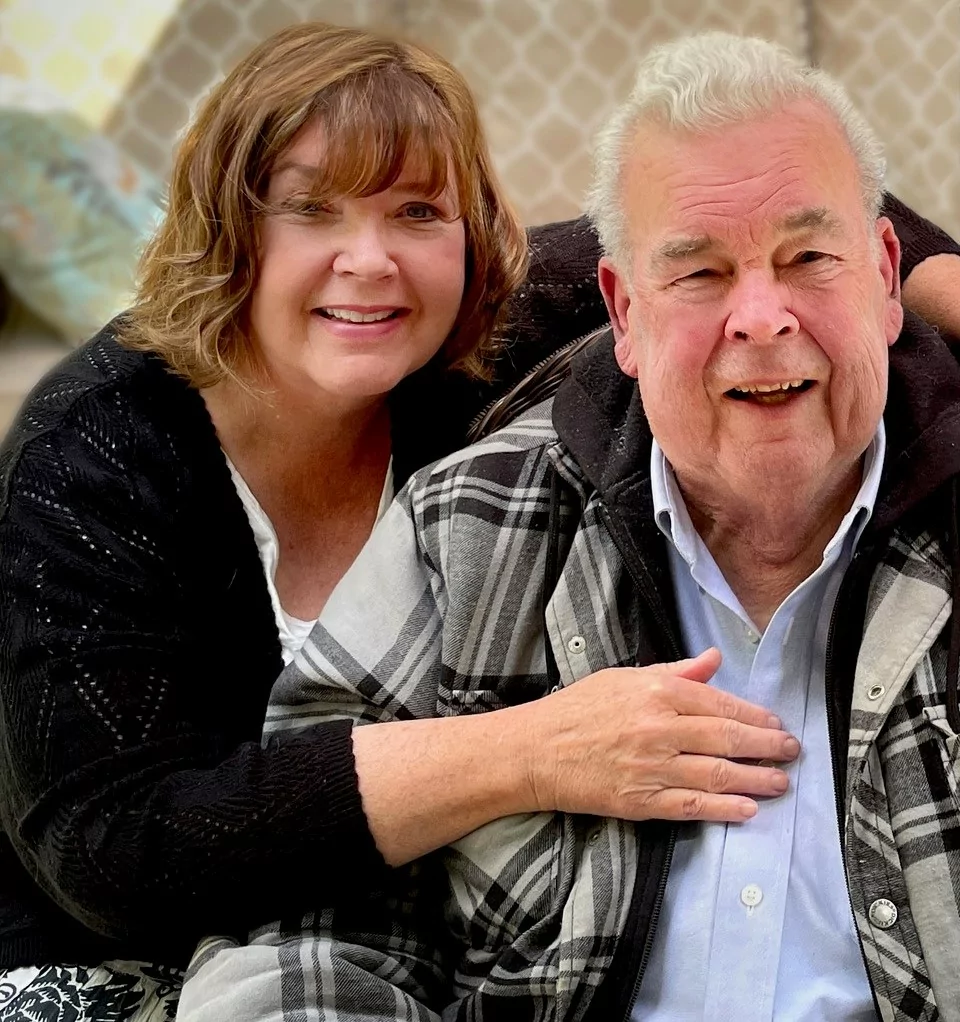I was sitting in my living room, numb with grief, when the phone rang. My dad had died a few hours earlier.
A woman named Jacy from Gift of Life Michigan was calling. She was so sorry to hear about my dad, she said. She wondered if we’d consider donation.
I was familiar with Gift of Life and its life-saving mission, but why was she calling me? My dad was 86, with multiple health issues. His heart and lungs had failed him. His skin was old and thin.
What could he possibly donate?
“One of my colleagues is still researching your dad’s medical history,” Jacy said, “but he may be able to donate bone.”
Bone? I didn’t know you could donate bone. Turns out donated bone can help bone cancer patients avoid amputation; it can be turned into pins and screws to promote healing; and it helps repair traumatic injuries.
What Jacy needed to know from me now was pressing: Were we willing?
My husband grabbed Dad’s wallet, still in the hospital plastic bag containing his clothes, the Boy Scout pocketknife he carried for decades, and his U.S. Navy Seabee cap he proudly wore every day.
There was no red heart on his driver’s license.
But Dad was a generous man who loved to give. He carved stunning art from wood and gave the gleaming pieces as gifts.
He handed out candy canes to harried holiday store clerks and shoppers, his annual acts of Santa-like kindness.
Dad’s heart had suddenly stopped beating. But it was still big. Quick checks with a couple of family members confirmed it: Dad would want to donate anything he could.
Our grief, still so raw, was softened a bit by this unexpected news that a part of Dad might live on, helping someone in his death as he did so often in life.
But when Jacy called back, she had disappointing news.
Dad’s medical records showed he once had tuberculosis. If not for that, he would have been able to donate. Not even his age would have prevented him from giving.
“We can’t take a chance (with tuberculosis),” Jacy told me. “We have to protect recipients, just in case.”
My heart sank, but I understood. Then Jacy said something so kind.
“Your dad is a donor in spirit,” she said gently. “The fact that you’re willing means just as much.”
I learned later that “donor in spirit” isn’t just a comforting phrase Jacy used that night, but a Gift of Life philosophy. Willingness to give, even if donation isn’t possible, is crucial to the mission and means just as much.
Without the willingness to donate, there are no donors.
Without my dad, I feel lost. But his spirit, in so many ways, lives on.
Terri Finch Hamilton is a journalist and writer who lives in Grand Rapids. A former reporter at The Grand Rapids Press, she writes for LifeLINES as well as for a variety of publications, businesses and agencies. Terri is a registered organ and tissue donor.
Gift of Life Michigan offers its sincere condolences on the loss of her father, and we thank Terri and her family for saying yes to donation.
Facts about donors in spirit, those willing to give but couldn’t
‘Donors in spirit are special and their families should be incredibly proud. Without Michiganders saying yes to donation, there simply would be no donors.’

When a registered organ, eye or tissue donor is unable to donate, Gift of Life Michigan recognizes them as a donor in spirit for their willingness to help others.
- When a potential donor isn’t registered and their family says yes on their behalf — but they are ruled out despite all efforts — they, too, are considered a donor in spirit.
- Families of donors in spirit are invited to Gift of Life’s annual Michigan Donor Family Gathering so they can be remembered, recognized and thanked right along with the others.
- Donors in spirit are important because every yes offers the potential to save and heal lives. Without yeses, there are no donors.
- Donor in spirit recognition gives families something positive to hold onto as they work through their grief. Knowing their loved one wanted to help others — or that they tried on behalf of their loved one — is uplifting for them.
- Potential donors become donors in spirit after reviewing their medical history. And while some factors such as diabetes don’t automatically rule people out, other diseases or infections can compromise the safety of the donation process.
- Through October, more than 500 potential donors in Michigan have earned donor in spirit recognition in 2023.









